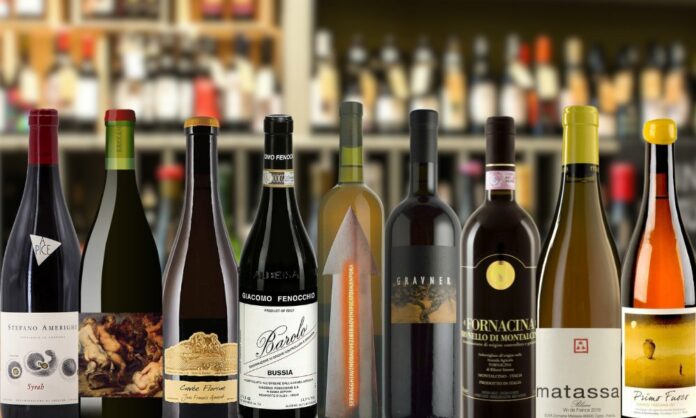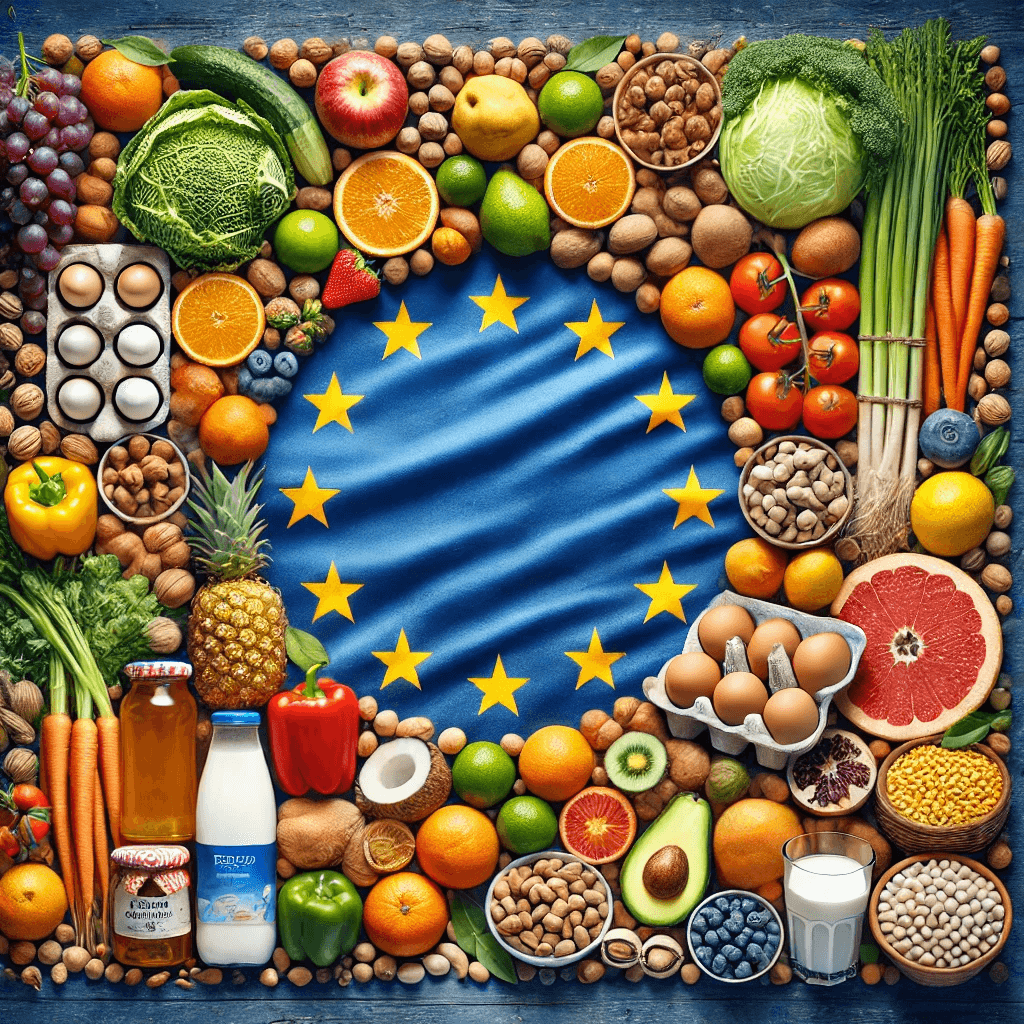
In recent years, a growing movement has shifted the spotlight to a more authentic and sustainable approach to winemaking—natural wine. As consumers seek transparency and a closer connection to the land, natural wine has emerged as a compelling choice. In this article, we’ll explore the reasons to make the switch to natural wine and delve into some noteworthy regions around the world where to buy natural wines.
Table of Contents
Reasons to Switch to Natural Wine
Minimal Intervention, Maximum Flavour
Natural wine Italy is made with minimal intervention, emphasizing traditional and organic winemaking practices. By eschewing additives, chemicals, and excessive filtration, natural wines showcase the true flavours of the grapes and the unique characteristics of the terroir.
Environmentally Friendly Practices
Natural winemakers prioritize sustainable and organic farming methods. These practices promote biodiversity, reduce the use of synthetic chemicals, and contribute to healthier ecosystems. Choosing natural wine aligns with a commitment to environmental responsibility.
Low Sulphite Content
Sulphites, used as preservatives in conventional wines, are often minimized in natural wine production. This can be beneficial for individuals sensitive to sulphites, as natural wines generally contain lower levels, allowing for a more enjoyable and potentially gentler wine-drinking experience.
Diverse and Unique Profiles
Natural wines are celebrated for their diverse and unique flavour profiles. Each bottle reflects the nuances of the grape variety, the specific vineyard conditions, and the winemaker’s philosophy. This diversity invites wine enthusiasts to explore a wide range of flavours, from funky and oxidative to crisp and fruit-forward.
Supporting Artisanal Producers
Many natural wines come from smaller, independent producers who prioritize quality over quantity. By choosing natural wine, consumers actively support these artisans, contributing to the preservation of traditional winemaking methods and the livelihoods of passionate winemakers.
Noteworthy Regions of Terroir
France – Beaujolais:
Beaujolais, located in the Burgundy region of France, has gained recognition for its commitment to natural winemaking. Producers in Beaujolais focus on the Gamay grape, crafting vibrant and expressive wines that reflect the region’s diverse terroir.
Italy – Sicily:
Sicily, the largest island in the Mediterranean, is home to a burgeoning natural wine scene. With indigenous grape varieties and a diverse landscape, Sicilian natural wines showcase the island’s rich history and volcanic terroir.
Spain – Catalonia:
Catalonia, especially the Penedès region, has become a hub for natural winemaking in Spain. With a focus on indigenous varieties like Xarel-lo and Macabeu, Catalan natural wines embody the distinctiveness of the region.
United States – California:
California, particularly regions like Mendocino and Sonoma, has seen a surge in natural winemaking. Producers in these areas champion sustainable and organic practices, creating wines that express the unique terroir of California.
Australia – Adelaide Hills
The Adelaide Hills in South Australia has emerged as a hotspot for natural winemaking. With a cool climate and a commitment to organic and biodynamic practices, Adelaide Hills natural wines showcase the region’s diversity and purity.
Switching to natural wine is not just a trend; it’s a conscious choice to embrace authenticity, sustainability, and the unique expression of terroir. Whether you explore the rolling hills of Beaujolais or the volcanic soils of Sicily, natural wines offer a journey into diverse flavours and the passion of artisanal winemakers. Consider making the switch to natural wine, and let each bottle tell a story of the land, the grape, and the dedication to a more authentic and mindful approach to winemaking.






